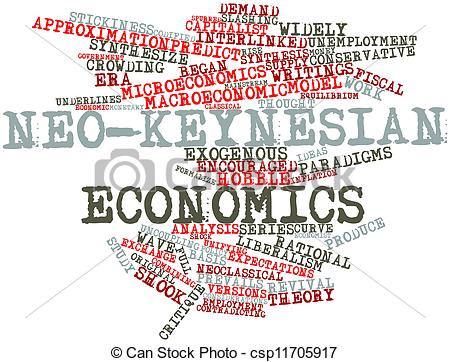- Lecturer: Prof Ben Strohbach
NUST eLearning
Search results: 1366
- Lecturer: Dr Madelein Stoffberg
- Lecturer: Dr Lawrence Madziwa
Materials Science 124 (MLS521S) is a core course given to engineering students in the second semester of their first year of study. The course covers the basic concepts that explain material properties based on atomic bonding and crystal structures of solid materials. It explores mechanical, magnetic and electronic properties of materials, as well as highlighting some manufacturing processes to come up with useful components for various applications. It winds up by looking at corrosion and degradation of various engineering applications.
- Lecturer: Jacqueline Kurasha

Dear Students, Welcome to this vital and exciting journey into the world of maternal and early childhood nutrition—where science meets compassion, and knowledge translates into lifelong health outcomes.
In this course, we’ll explore how nutrition shapes the earliest stages of life—from the moment of conception through infancy. You’ll learn how physiological changes, nutritional needs, and lifestyle factors intertwine to influence maternal well-being and foetal development. Together, we’ll uncover not only what to teach but how to make it matter—for every mother and child.
- Lecturer: Fiina Namukwambi
- Lecturer: Timea Nghwada
- Lecturer: Henrietha Beukes
- Lecturer: Linda Kambonde
- Lecturer: Eden Shipanga
- Lecturer: Prof Dipti Ranjan Sahu
- Lecturer: Prof Dipti Ranjan Sahu
This course introduces the students to Mathematical modelling process from formulation to solution. Specifically, it takes the students through essential aspects of Modeling Change, Modelling using Proportionality and Geometric Similarity techniques, Model Fitting and Experimental Modelling.
- Lecturer: Prof Sunday A. Reju
This course enables the student to solve mathematical models using numerical approaches. Precisely, the course aims at introducing students to more discrete models and nonlinear optimisation problems including non-discrete examples with differential equations.
- Lecturer: Prof Sunday A. Reju
- Lecturer: Benson Obabueki

A popular saying goes like this:
If you think logically and hard enough, you will figure it out.
This course is about logical thinking. For you as a Mathematics and Statistics student, we are using mathematical concepts to enable you to think logically. In real sense, this course is not entirely about Mathematics. Rather it is to prepare you to be as good as possible in your chosen field of study. You will not be on your own. I will be there to guide you through.
- Lecturer: Lutopu Khoa
- Lecturer: Benson Obabueki
This course is designed for students pursuing a career in Land Management and related fields. There is no doubt that to be a reliable Land Manager (in whatever aspect of it), basic competencies in Mathematics and Statistics are essential. This course, therefore, deals with those crucial areas of Mathematics and Statistics that are applicable to efficient Land Management and Spatial Science skills.
- Lecturer: Salomo Katangolo
- Lecturer: Lutopu Khoa
- Lecturer: Polykarp Amukuhu
- Lecturer: Lubinda Mwala
Today, computers are used in almost all fields of human endeavor wherever data are collected and
analysed. For this reason, certain mathematical topics related to the computer and information
sciences are now being widely studied. To this end, topics covered in this course include the binary
number system, relations and logic circuits, set theory and relations, Boolean algebra and logic gates, combinatorial Analysis.
- Lecturer: Jonas Amunyela
- Lecturer: Kornelia David
- Lecturer: Gabriel Mbokoma
- Lecturer: Akser Mpugulu
- Lecturer: Admire Kachepa
- Lecturer: Sebastian Mukumbira

This course aims to equip students with an understanding of the different rules of differentiation and integration which are required in the applied economics courses and higher mathematical courses like Econometrics and mathematical economics. This course is key to the understanding of critical economic concepts like optimization and marginal analysis.
- Lecturer: Lutopu Khoa
- Lecturer: Charles Mbazuvara
- Lecturer: Gabriel Mbokoma
- Lecturer: Frans Ndinodiva

- Lecturer: Maria Indongo
- Lecturer: Charles Mbazuvara
- Lecturer: Yvonne Nkalle
The course is broken down into two interrelated topics: algebra and trigonometry.
Algebra is a mathematical “language” that generalizes arithmetic by using letters to represent numbers and state arithmetic rules and conclusions so that they will be valid for many or all numbers.
Trigonometry is the branch of mathematics that studies relationships involving lengths and angles.
- Lecturer: Gabriel Mbokoma
- Lecturer: Nikanor Abiatar
- Lecturer: Dr Wassihun Amedie
- Lecturer: Frans Hanghome
- Lecturer: Fellemon Kaitungwa
- Lecturer: Prof Hannes van der Walt
- Lecturer: Andrew Zulu
